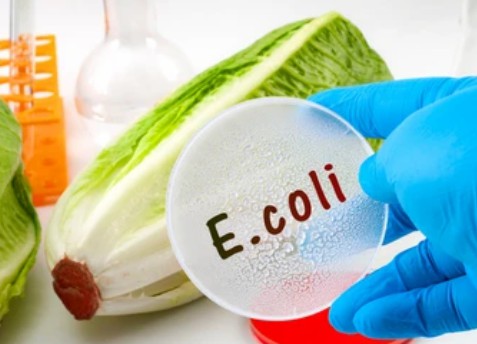Organophosphorus pesticides are mainly used to prevent and control plant diseases, insects, and weed pests. The widespread use of organophosphorus pesticides in agricultural production has an important role in agricultural development. Still, the unregulated use of organophosphorus pesticides can lead to different degrees of residues in crops, affecting human health and causing serious environmental pollution. How to degrade organophosphorus pesticides is the focus of agricultural research.
Lifeasible is deeply involved in agricultural synthetic biology research and continues to provide effective solutions to the problems faced by agricultural development. We build high-efficiency E. coli engineered bacteria that can significantly improve the degradation efficiency of pesticides. Our continuous in-depth research on organophosphorus pesticide degradation genes, degradation pathways, and mechanisms in environmental microorganisms has provided an important research foundation and technical support for constructing genetically engineered bacteria with efficient degradation performance.

Microorganisms play an important role in the degradation of organophosphorus pesticides in the environment. The use of genetic engineering and biotechnology to develop microorganisms and their degrading enzymes can be effectively used to purify organophosphorus pesticide residues, and our cultivated organophosphorus pesticide is degrading E. coli engineering bacteria show good application prospects in the treatment of environmental pollution.
Many pesticide degradation genes exist on plasmids or chromosomes. We have now isolated various phosphorus degradation enzyme genes from different microorganisms, laying a good foundation for the construction and modification of organophosphorus pesticide degrading E. coli engineering bacteria for the diversity and wide source of organophosphorus pesticide degrading genes.
We construct efficient E. coli engineered bacteria that can significantly improve the degradation efficiency of pesticides. Our continuous in-depth research on organophosphorus pesticide degradation genes, degradation pathways, and mechanisms in environmental microorganisms has provided an important research foundation and technical support for constructing genetically engineered bacteria with efficient degradation performance.
Our use of microbial degradation of environmental pollutants has been widely used in environmental protection, and the degradation of organophosphorus pesticides by cultivated E. coli engineering bacteria is of great value in ensuring food safety and human health and promoting green and sustainable development of agriculture.

Lifeasible follows the latest direction of agricultural synthetic biology development, constantly providing advanced synthetic biology technology and effective solutions to solve the challenges faced in agricultural development and promote the green development of agriculture. If you are interested in us, please feel free to contact us.
Lifeasible has established a one-stop service platform for plants. In addition to obtaining customized solutions for plant genetic engineering, customers can also conduct follow-up analysis and research on plants through our analysis platform. The analytical services we provide include but are not limited to the following:
STU-CRISPR System Improves Plant Genome Editing Efficiency
April 19, 2024
Application of Exosomes in Facial Beauty
April 12, 2024